$105.00
ACTIVE HALF-LIFE 2 days
TABLET COUNT: 50 COUNTS
CLASSIFICATION Non-steroidal aromatase inhibitor
DOSAGE 0.5 – 2.5 mg/day
ACNE No
WATER RETENTION No
HBR No
HEPATOTOXICITY No
AROMATIZATION No
Letrozolexin is a nonsteroidal inhibitor of estrogen synthesis with antineoplastic activity. As a third-generation aromatase inhibitor, Letrozolexin selectively and reversibly inhibits aromatase, which may result in growth inhibition of estrogen-dependent breast cancer cells.
Aromatase, a cytochrome P-450 enzyme localized to the endoplasmic reticulum of the cell and found in many tissues including those of the premenopausal ovary, liver, and breast, catalyzes the aromatization of androstenedione and testosterone into estrone and estradiol, the final step in estrogen biosynthesis.
Estrogens are produced by the conversion of androgens through the activity of the aromatase enzyme. Letrozole blocks production of estrogens in this way by competitive, reversible binding to the heme of its cytochrome P450 unit. The action is specific, and letrozole does not reduce production of mineralo- or corticosteroids. In contrast, the antiestrogenic action of tamoxifen, the major medical therapy prior to the arrival of aromatase inhibitors, is due to its interfering with the estrogen receptor, rather than inhibiting estrogen production.
Letrozolexin is approved by the United States Food and Drug Administration (FDA) for the treatment of local or metastatic breast cancer that is hormone receptor positive or has an unknown receptor status in postmenopausal women. Side effects include signs and symptoms of hypoestrogenism. There is concern that long term use may lead to osteoporosis, which is why prescriptions of Letrozolexin are often accompanied by prescriptions of osteoporosis-fighting medication such as Fosamax.
Letrozolexin has shown to reduce estrogen levels by 98 percent while raising testosterone levels.
The anti-estrogen action of Letrozolexin is preferred by athletes and bodybuilders for use during a steroid cycle to reduce bloating due to excess water retention and prevent the formation of gynecomastia related breast tissue that is a side effect of some anabolic steroids. Usage above 2.5 mg/day is known to potentially temporarily kill sex drive. Above 5mg/day for extended periods may cause kidney problems.
Letrozolexin has also been shown to delay the fusing of the growth plates in adolescents. This may boost the effectiveness of growth hormone, and thus Letrozolexin is used to treat adolescents and children with short stature.
Related products
Oral Steroids
Oral Steroids
Oral Steroids
Oral Steroids
Oral Steroids
Oral Steroids
Oral Steroids
Oral Steroids



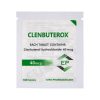
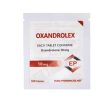
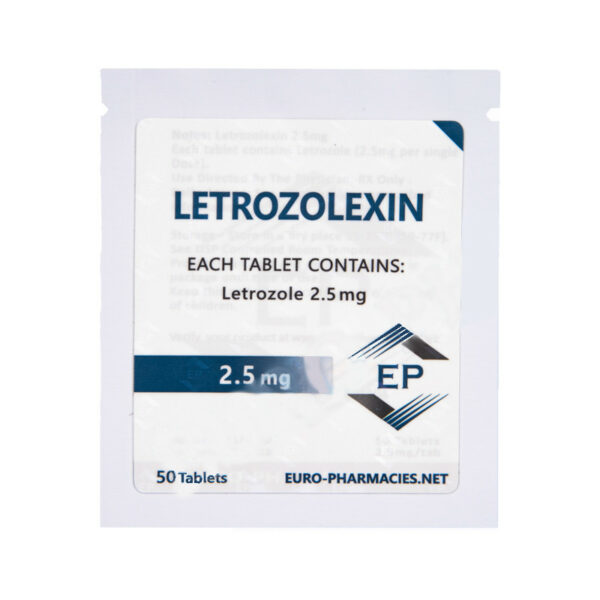

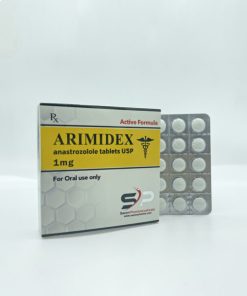
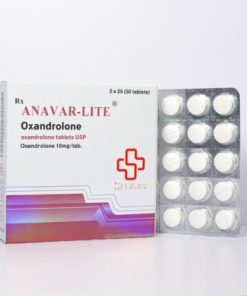
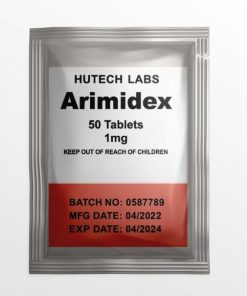
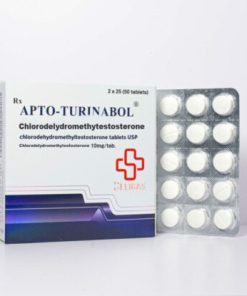
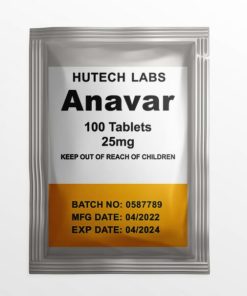

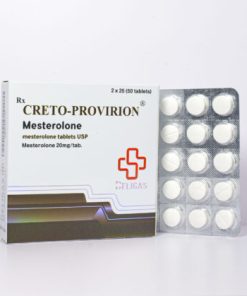
Reviews
There are no reviews yet